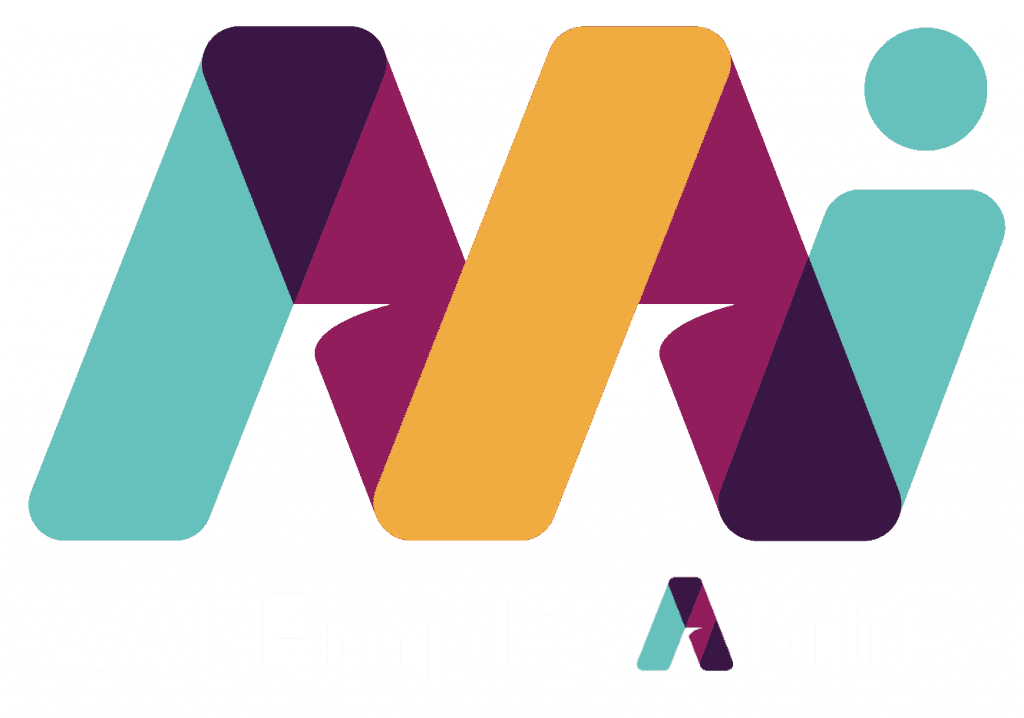Published by Flexibility Works, 13 March 2023
We’re partnering with inclusive recruitment firm AAI EmployAbility, which helps employers hire skilled candidates from diverse backgrounds. Flexible working is often at the heart of what will make a job accessible for candidates and allow them to perform to their best.
Jane Sloan, AAI EmployAbility’s Talent Engagement Lead, shares her thoughts on why flexible working is so crucial for employers that want to improve equity, diversity, and inclusion.
About AAI EmployAbility
First, a brief introduction. We’re an award-winning inclusive recruitment organisation that focuses on providing diverse candidates with meaningful employment and supporting employers to attract these candidates.
As a not-for-profit organisation we’re driven by a passion for helping others and we endeavour to remove barriers to employment for under-represented groups who are struggling to get their foot in the door. This could be, for example, single parents, people with disabilities and people from minority ethnic backgrounds. Part of our work involves educating employers on why they should hire diverse candidates, and also what conditions these candidates might require as a result of their specific circumstances.
Flexible working is a key way of accommodating people’s needs, and we’re a huge advocate of this progressive way of working. For example, when AAI found the perfect candidate, Sally, for Beyond Green, the environmental consultancy wanted to ensure her personal circumstances were accommodated and asked what working patterns would work for her as a single mother. As a result, Sally was able to accept this career-changing role knowing it wouldn’t have a negative impact on family life.
Through our partnership with Flexibility Works, we aim to collaborate on making situations like this commonplace.
What links flexibility and diversity, and why does it matter in recruitment?
While some people have lifestyles suited to the traditional, fixed location, 9-to-5 way of working, many others don’t. In fact, research recently published by Flexibility Works shows that two in five Scottish workers need flexible working, or they’re not able to work at all – that’s a huge proportion of our workforce.
In particular, parents and carers, and people with physical and mental health conditions often need some form of flexibility at work, so they can balance their other needs and responsibilities. A study by Bright Horizons found that 47% of parents are working flexibly because of childcare responsibilities, while more research by Flexibility Works shows that 40% Scottish workers with a disability or long-term health condition want greater flexible working to help manage their physical health, far higher than the 16% average for Scotland’s total workforce.
It makes sense then, that employers need to offer flexibility – and make this visible during recruitment – to encourage more diverse applicants to apply. Virgin Money recently announced that applications from people with protected characteristics, such as ethnicity, sexual orientation and gender had increased by 204% as a direct result of a new policy allowing roles that aren’t dependent on location to be carried out anywhere. Overall, applications for each vacant role have tripled and the attrition rate of staff leaving the bank has halved.
Benefits of diversity
Diversity is integral for progressive businesses, and flexible working is a must-have for its development within your workplace.
For 12 years AAI EmployAbility has been assisting employers to diversify their workforce through its access to a wide range of talented candidates. If you’d like support in adjusting to a more flexible way of working and expanding your team’s diversity this year, get in touch via team@aai-employability.org.uk.
Keep in touch with an evolving working world by subscribing –> https://www.aai-employability.org.uk/aai-in-touch/


